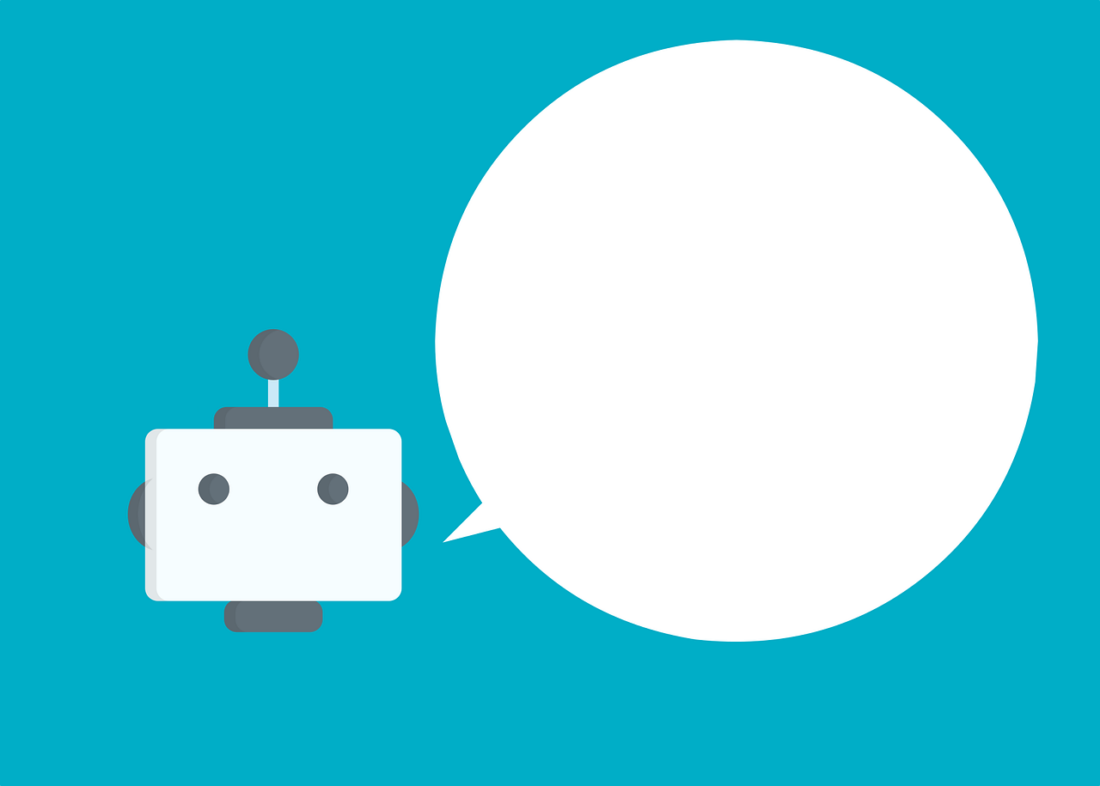You can use ChatGPT to help with a number of tasks, but the model has significant limitations. And while the alternatives often have similar restrictions, some are able to perform better than ChatGPT at specific types of tasks. Knowing what these tools are and what they can do will enable you to choose the right AI language model for your needs.
In this article, we’ll talk about some of the limitations of using ChatGPT. Then we’ll introduce you to the three best ChatGPT alternatives in 2023. Let’s get to it!
What Are the Limitations of ChatGPT?
ChatGPT is a useful tool, but it’s not an AI Swiss Army Knife. It can be a decent alternative to using search engines, but you need to remember that, by default, ChatGPT doesn’t access the web. Moreover, the model was trained on information compiled up until September 2021:
In practice, this means that any question you ask could be technically correct but outdated. Moreover, ChatGPT doesn’t cite sources.
If you have a premium ChatGPT account, you get access to the latest version of the AI tool, plugins, and web search. In our experience, the web search can be spotty depending on the complexity of the query and how much load the system is under. However, it does include sources:
Either version of ChatGPT can help you with tasks such as content creation, coming up with new ideas, troubleshooting code, and more. However, it’s not the only AI tool that can do these things. If you’re concerned about its limitations, you may want to check out your other options.
3 Best ChatGPT Alternatives in 2023
It’s important to note that we don’t claim any of these ChatGPT alternatives is the superior choice for any kind of project that requires an AI language model. However, every one of these tools excels in a particular area, and can benefit a specific type of user. Our goal is to help you identify the best alternative for your needs.
1. Perplexity
Perplexity offers, by far, the most polished experience of any ChatGPT alternative. It’s a user-friendly tool that you can tinker around with without having to sign up for an account. You can simply visit the website and try it yourself immediately.
The main advantage of using Perplexity over ChatGPT is that the former’s free version connects to the web. In response to most queries, Perplexity will show you the web sources it received its information from.
Some queries will also show you related questions or prompts, so you can continue the conversation seamlessly:
In terms of pricing, Perplexity offers similar value to ChatGPT. A premium membership costs $20 per month, and you get access to an ‘AI assistant’ that helps you refine prompts and curate the data Perplexity pulls from the web. This AI assistant is also available for free with limited uses.
The fact that you can use Perplexity and its Copilot AI assistant tool for free, and that you get access to the web, makes it great for any task that requires research. Overall, web searches using Perplexity tend to return better, more relevant results, because it pulls information from multiple sources.
2. Jasper
Using ChatGPT can often feel like you’re working with an experimental tool, and that’s because you are. Despite its success, it’s clear that ChatGPT is not designed for professional use in most scenarios.
Jasper is a ChatGPT alternative that’s all about marketing. You can use it to generate blog posts, social media content, images, and pretty much anything else you can think of.
The advantage of using Jasper is that it includes a lot of tools designed to help you generate the right content for your brand. You can train Jasper to use a specific ‘voice’ so that content follows your brand guidelines. Plus, you can choose from different preset personalities that affect the style of the responses it generates.
All of that comes with a downside, though. Jasper doesn’t offer a free plan, and its pricing starts at $39 per month. Every plan upgrades the number of people who can use the tool in your organization. In exchange, you get to use an AI tool that’s designed from the ground up to help marketers, rather than trying to train ChatGPT to do what you need.
3. Bard AI
Although Bard’s launch wasn’t as big an event as Google might have hoped, the tool itself can be a lot more useful than many people give it credit for. For one, it can get access to your location data, so you can use it to answer location-based prompts:
Another great feature is that Bard generates multiple drafts as responses for each prompt. You can see these other drafts, and sometimes you’ll find that the alternatives include better answers than the original response.
Since this is a Google tool, it integrates with the web natively. You need a Google account to use it, but it’s fully free and doesn’t hide any features behind a paywall. That makes it a nice change of pace from ChatGPT and many other alternatives.
Bard also supports voice prompts, which makes it a great AI language model option when you’re on the go. It may not be able to respond to complex prompts as well as ChatGPT yet, but it’s a solid alternative for light use and basic web searches.
Conclusion
There are a lot of ChatGPT alternatives out there that can surprise you, whether you use AI language models for fun or for work. The best tool will depend on your specific needs. Bard is handy for day-to-day use, Perplexity is a solid option for research, and Jasper is a premium solution that’s designed with marketers in mind.
Have you tried any of these ChatGPT alternatives, and what did you think? Let’s talk about them in the comments section below!
Image by Mohamed Hassan
